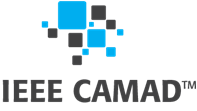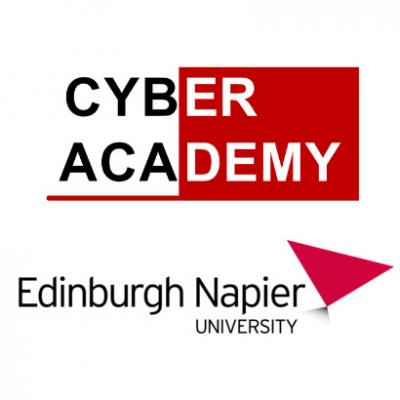Keynote 1: Prof. Özgür Barış Akan, University of Cambridge, IEEE Fellow, Turing Fellow
Title: Internet of Everything (IoE) - From Molecules to the Universe
Biography
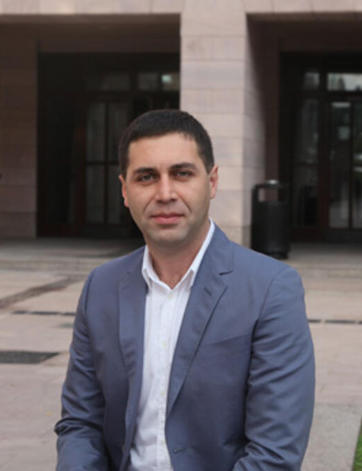
Prof Akan received his Ph.D. from the School of Electrical and Computer Engineering, Georgia Institute of Technology, Atlanta, in May 2004. He is the Head of the Internet of Everything Group at the Department of Engineering, University of Cambridge, UK, where he conducts highly multidisciplinary theoretical and experimental research on bio/nano/molecular/wireless communications. He is also the AXA Chair Professor in Internet of Everything and Director of Center for neXt-generation Communications (CXC) at Koç University, Istanbul, Turkey. Prof. Akan is an IEEE Fellow, Turing Fellow, recipient of the European Research Council's (ERC) Consolidator Grant, ERC Proof of Concept (PoC) Grant, AXA Chair Professorship, TUBITAK Science Award, IBM Faculty Award, IEEE Communications Society Outstanding Young Researcher Award, and numerous other awards. He is an IEEE Nanotechnology Council (NTC) Distinguished Lecturer and IEEE Communications Society (ComSoc) Distinguished Lecturer. Prof Akan serves as an Associate Editor for IEEE Transactions on Molecular, Biological and Multi-scale Communications, Scientific Reports (Nature), and Nano Communication Networks Journal (Elsevier). He has served as an editor for IEEE Transactions on Communications, IEEE Transactions on Vehicular Technology, IET Communications, IEEE Networking Letters, International Journal of Communication Systems (Wiley), European Transactions on Telecommunications, Transactions on Emerging Telecommunications Technologies (Wiley), and the Steering Committee Member for IEEE INFOCOM, General Chair for IEEE INFOCOM 2017, ACM MOBICOM 2012 and IEEE MONACOM 2012, and TPC Chair for various conferences including IEEE CAMAD 2014.
Keynote 2: Prof. Harald Haas, University of Strathclyde, IEEE Fellow
Title: Recent Advances in Light-Based Wireless Networking
Biography
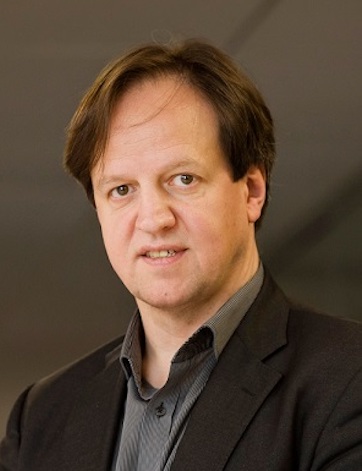
Professor Harald Haas received his PhD degree from The University of Edinburgh in 2001. He is a Distinguished Professor of Mobile Communications at the University of Strathclyde/Glasgow and the Director of the LiFi Research and Development Centre (LRDC). Prof Haas initiated and co-founded pureLiFi Ltd. and currently holds the position of Chief Scientific Officer (CSO). Professor Haas will be the Van Eck Professor of Engineering at the University of Cambridge from 1 April 2024. He leads one of three new Telecoms Hubs on ‘Network of Networks’ in the UK, TITAN, which is a consortium of 16 universities. He has been listed as highly cited researcher by Clarivate/Web of Science since 2017. Prof. Haas has delivered two TED talks and one TEDx talk which have been watched online more than 5.5 million times. In 2016, he was the recipient of the Outstanding Achievement Award from the International Solid State Lighting Alliance. Prof Haas was awarded a Royal Society Wolfson Research Merit Award in 2017. In 2019 he received the IEEE Vehicular Society James Evans Avant Garde Award and the Enginuity The Connect Places Innovation Award in 2021. He was the recipient of a Humboldt Research Award for his research achievements to date in 2022. Prof Haas was shortlisted for the European Patent Office Inventor Award in 2023.
Keynote 3: Dr. Carol Marsh, OBE, VP of Institution of Engineering and Technology IET
Title: Tracking the Future
Biography
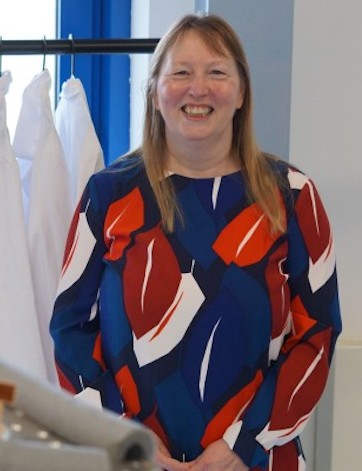
Dr Carol Marsh is Head of Digital Systems at Celestia UK, expanding the digital systems capabilities for Electronically Scanned Gateways and Terminals which augment Celestia UK’s RF and antenna expertise. She has worked in the field of electronics for 40 years, specializing in programmable logic. She is a Trustee and Vice President of the Institution of Engineering and Technology (IET) and a Senior Member of the IEEE. Carol is an alumna of Edinburgh Napier University (ENU), receiving an HND with distinction in Electrical and Electronic Engineering in 1985. Carol received the degree of Doctor of Engineering in System Level Integration from the Universities of Strathclyde, Glasgow, Edinburgh, and Heriot-Watt in 2011. In summer this year, 2023, Carol was awarded an Honorary Doctorate from ENU, where she is a Visiting Professor. A winner of several technology and diversity awards and an inductee in the Scottish Engineering Hall of Fame, Carol is passionate about prompting engineering and in 2020 was awarded an OBE for Diversity and Inclusion in Electronic Engineering.
